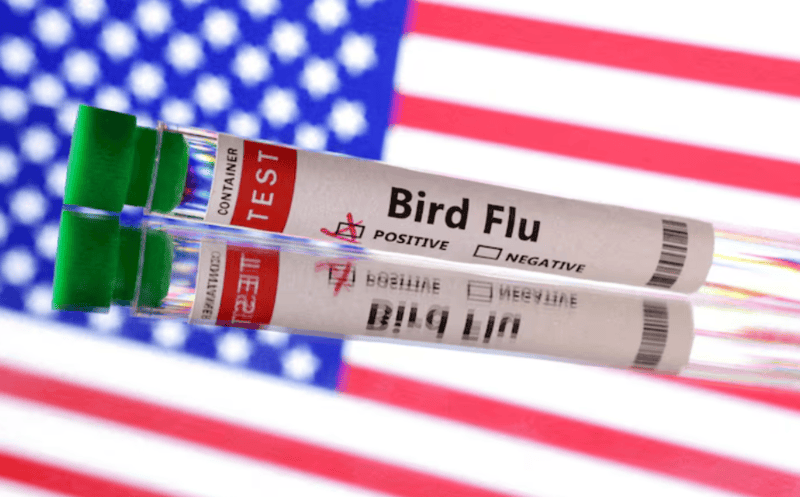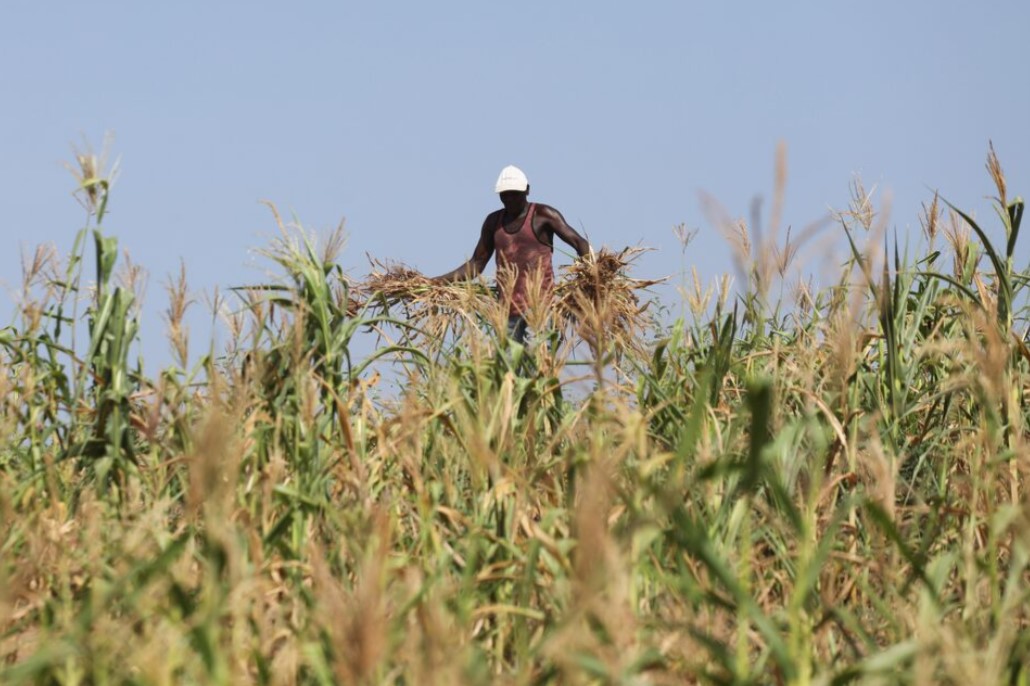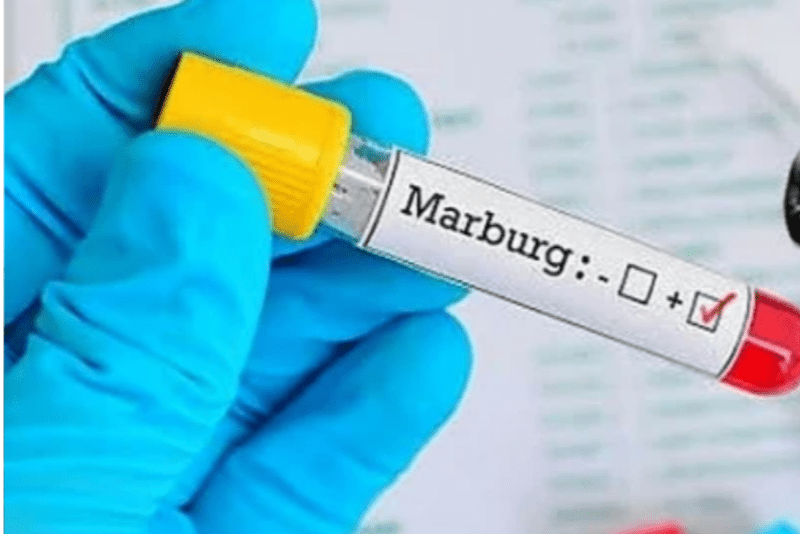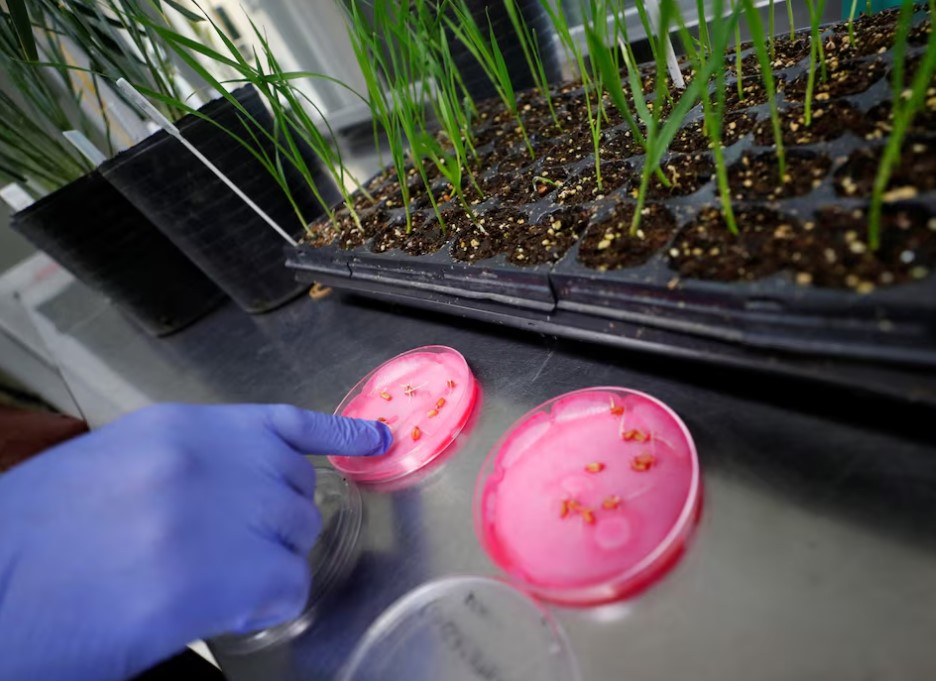Inside Rwanda's biosafety law to regulate GMOs
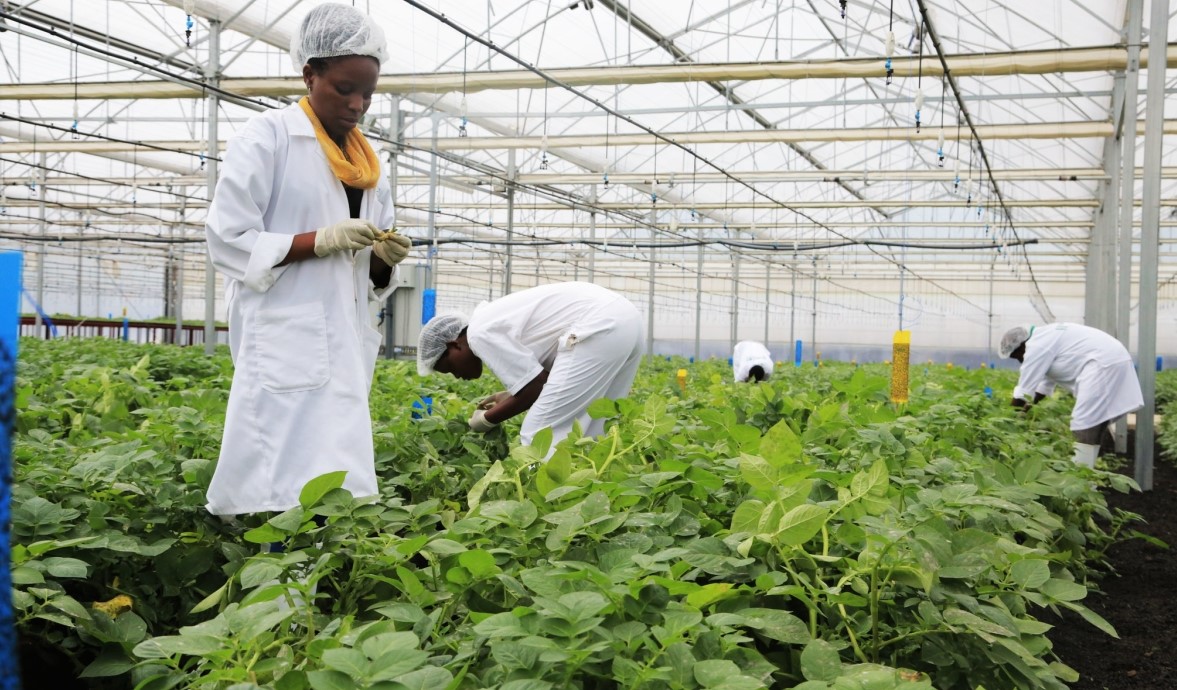
By Hanifa Adan |
A person who wishes to carry out the activities indicated above must first disclose the result of a mandatory risk assessment.
On February 21, Rwanda promulgated a law governing biosafety, which seeks to ensure that genetically modified organisms (GMOs) are handled, transferred and used safely in the country.
The law establishes an adequate level of protection in the field of the safe transfer and use of living modified organisms, resulting from modern biotechnology that may harm the conservation and sustainable use of biological diversity while taking into consideration the effect of this transfer and use on human health.
Keep reading
The law also provides that activities subject to the permit application; are the contained use of a GMO, its confined field trials, intentional introduction of a GMO into the environment, placing a GMO on the market for direct use as food, feed or for processing, importing, transiting or exporting, and its handling, packaging, labelling, transporting or storage.
As per the law, the authority in charge of environment management is designated as the national competent entity to ensure coordination of its enforcement.
It is referred to as the authority throughout the law and serves as the national focal point for the Cartagena Protocol on Biosafety.
In deciding on an application regarding a GMO, the authority takes into account the information submitted by the applicant, a risk assessment report, the risk assessment review report submitted by the National Biosafety Committee, a risk management plan and strategy and post-release monitoring plan of a GMO, and a submission related to the application under consideration, submitted by a member of the public, if any.
A person who wishes to carry out any of the activities indicated above must first disclose the result of a mandatory risk assessment carried out as to the potential risks to the environment in general, or to human health in particular.
The person who carries out an activity relating to a GMO develops and maintains its risk management plan strategy and post-release monitoring plan. The authority establishes the guidelines to comply with in conducting a GMO risk management plan.
Penalties
The law provides that a physical person who fails to label a GMO, packages or identifies a GMO in a manner that is false, misleading, deceptive or in its breach, commits an offence. Upon conviction, he or she is liable to a term of imprisonment not less than one year and not more than three years and a fine of not less than Rwanda Franc (RWF) 3 million and not more than RWF 10 million.
A physical person who releases into the environment, places on the market, transports, imports, transits or exports a GMO without a prior permit from the authority, commits an offence.
Upon conviction, he or she is liable to a term of imprisonment not less than one year and not more than three years, and a fine of not less than RWF 3 million and not more than RWF 10 million, or one of these penalties.
A risk assessment report must be included in each application file. The authority establishes the guidelines to comply with in conducting a GMO risk assessment.
This is a result of the Rwanda Agriculture and Animal Resources Development Board (RAB) carrying out confined field trials on a variety resistant to cassava brown streak disease and cassava mosaic disease – two major viral diseases affecting the staple crop.
A confined field trial (CFT) means an experimental release of a GMO into a specific place designated in the environment under physical and biological confinement conditions, which effectively limits its impact on a human being or environment, according to interpretation in the law.
The protocol seeks to create an enabling environment for environmentally sound application of biotechnology, making it possible to derive maximum benefit from the potential that modern biotechnology has to offer, such as living modified organisms (LMOs) – also known as GMOs, while minimising the possible risks to the environment and human health.
Common LMOs (or GMOs) include crops that have been genetically modified for greater productivity or resistance to pests or diseases, according to the Convention on Biological Diversity – an international treaty on biodiversity conservation.
The move, it said, could ensure that farmers get good potato yields and save them the costs they were incurring on a lot of pesticide sprays in an attempt to mitigate disease-induced losses.
Reader comments
Follow Us and Stay Connected!
We'd love for you to join our community and stay updated with our latest stories and updates. Follow us on our social media channels and be part of the conversation!
Let's stay connected and keep the dialogue going!

